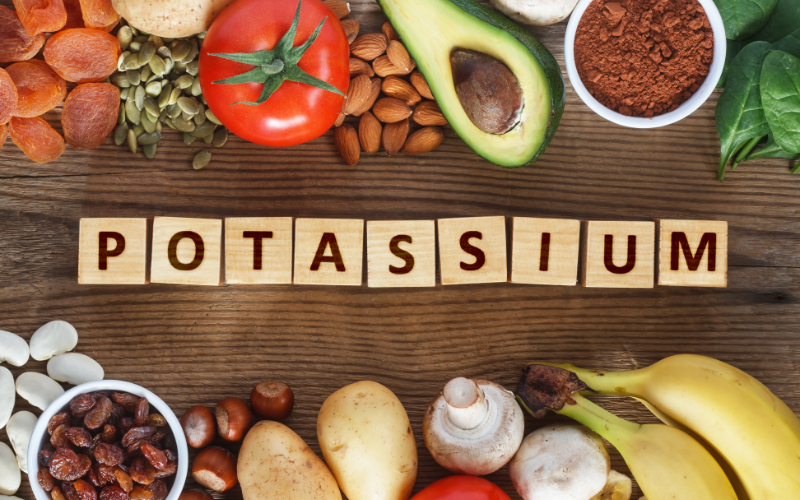Introduction: Unveiling the 15 Warning Signs of Low Potassium and How to Keep Your Body Balanced
Potassium is an essential mineral that plays a crucial role in maintaining our body’s overall health. It helps regulate fluid balance, muscle contractions, and nerve signaling. However, low potassium levels, also known as hypokalemia, can lead to various health problems. In this comprehensive guide, we will delve into the 15 warning signs of low potassium that you should be aware of. Recognizing these symptoms early on will enable you to take prompt action and ensure your body maintains the necessary potassium levels.

Potassium is found in various foods, such as bananas, spinach, and potatoes. Despite being readily available, many individuals still experience low potassium levels due to poor dietary habits or underlying health conditions. The recommended daily intake of potassium for adults is around 2,500-3,000 mg, but many people fall short of this amount. The consequences of hypokalemia can be severe, making it essential to recognize the warning signs and take necessary precautions.
This article will provide you with an in-depth understanding of the symptoms associated with low potassium, the potential causes of hypokalemia, and the steps you can take to address this issue. By the end of this guide, you will be equipped with the knowledge to identify the warning signs of low potassium and take appropriate action to maintain your overall health.
#1. Muscle Weakness
Muscle weakness is one of the most common symptoms of low potassium. When potassium levels drop, it becomes difficult for your muscles to contract properly, leading to a general feeling of weakness. This can affect your ability to perform daily tasks and may even result in a decline in your physical performance. It’s essential to address muscle weakness early on, as prolonged hypokalemia can lead to muscle breakdown and more severe complications.
Muscle weakness due to low potassium can also cause cramping and spasms, which can be quite painful and limit your mobility. To combat this issue, it’s crucial to consume potassium-rich foods like bananas, avocados, and sweet potatoes (1), and consider seeking medical advice if the weakness persists or worsens. Staying hydrated and engaging in regular physical activity can also help maintain proper potassium levels and improve muscle strength.